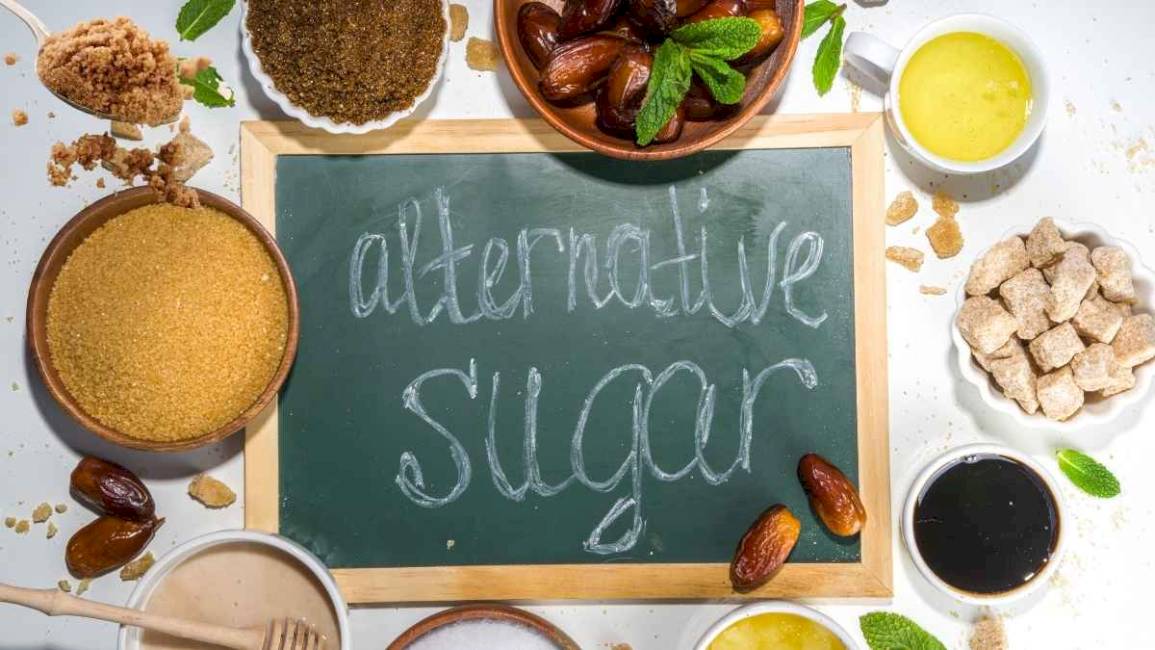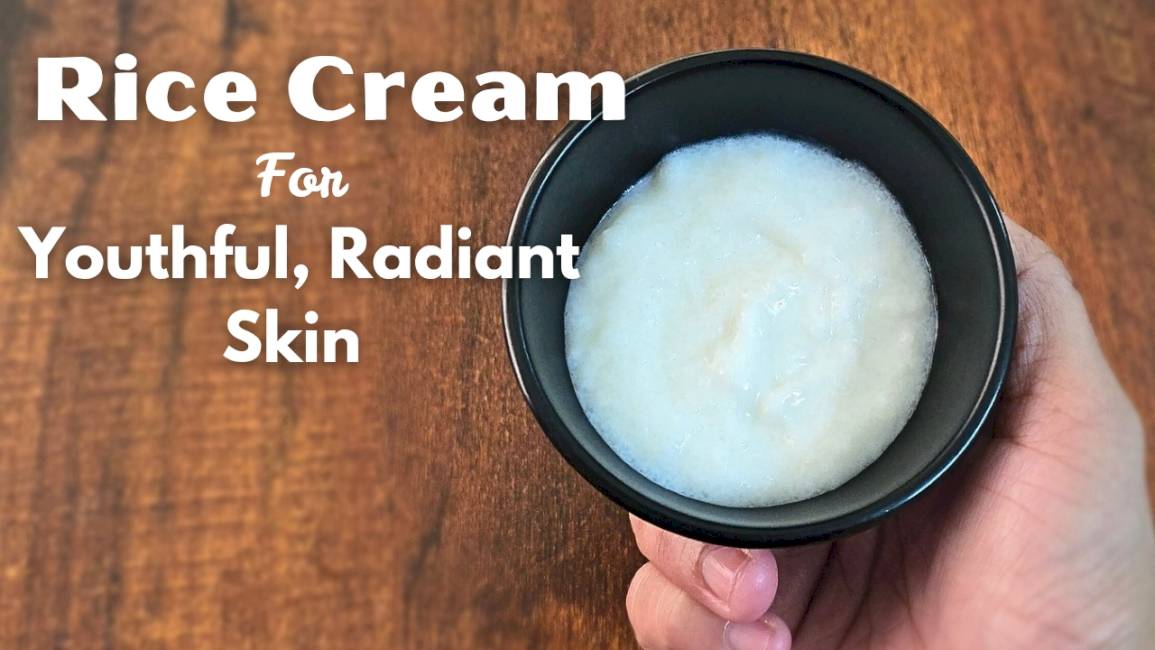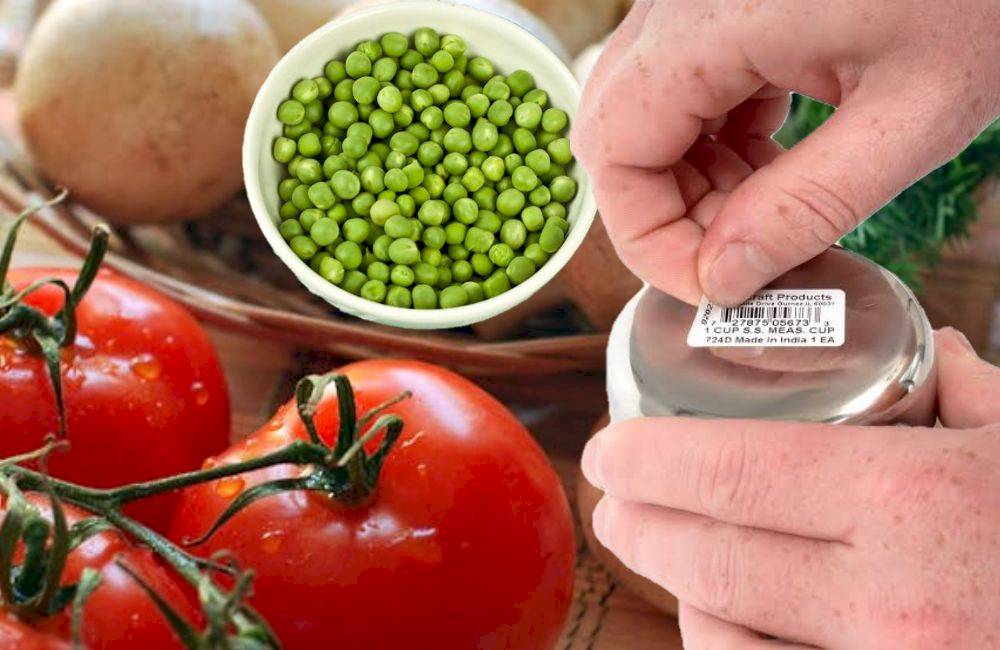
Do you try to avoid sugar by switching to brown sugar, honey, jaggery, mishri, khandsari, or stevia? But how should you use these? How much should you take? How many calories do they contain, and which one is the best option for you? Let’s understand everything clearly.
And if you’re still at that stage where quitting sugar feels impossible, don’t worry—I’ll share a practical solution at the end of this post, so make sure you read till the end.
Why You Need to Quit Refined Sugar
Refined white sugar is empty calories—only calories, zero nutrients. It has a very high glycemic index, which is why sugar contributes to weight gain, obesity, and diabetes.
Eating too much sugar destroys collagen in your skin, leading to early aging. Sugar increases plaque build-up and the risk of Alzheimer’s. Because of all this, we try to avoid sugar and look for healthier replacements.
Today, let’s break down these healthy sugar alternatives one by one.
1️⃣ Khandsari & Jaggery Powder
These are the most commonly used alternatives. Refined sugar is highly processed, while khandsari (unrefined sugar) is made by simply boiling sugarcane juice until it solidifies, without heavy refining.
They contain enzymes that help reduce constipation and improve digestion.
But what about calories?
1 gram of sugar = 16 calories
1 gram of khandsari = 16 calories
Yes, the same.
Who should use khandsari?
People who find quitting sugar extremely hard can use khandsari as a first step. You’ll get the same calories but with a few added benefits. If your home still uses refined sugar, stop it completely and start using khandsari or jaggery powder instead.
Use it in your tea, coffee, or sweets. However, if you are trying to lose weight or have diabetes, khandsari is just as harmful as sugar because it has the same calories and a similar glycemic index. In that case, using khandsari won’t help.
So, what should you use then? We’ll get to that shortly.
2️⃣ Dhagewali Mishri (Thread Mishri)
What is it, and how is it different from sugar or khandsari?
During sugar making, if the sugar solution is crystallized without refining and adding chemicals, it turns into mishri. Sometimes, crystals form around threads, creating thread mishri.
It also has the same calories as sugar but is purer, free from harmful chemicals, and hence used in religious offerings.
Mishri is sweeter than sugar, so those who do heavy physical activity and need instant energy can take mishri for quick glucose. It’s also used to soothe sore throats.
However, because it’s high in calories, mishri is not recommended for daily use if you’re trying to avoid sugar-related health issues.
3️⃣ Honey
No doubt, honey is more nutritious than sugar as it contains riboflavin, niacin, folate, Vitamin B6, magnesium, and zinc. It is less processed and has a slightly lower glycemic index than sugar, making it a better option.
But remember, honey is mostly fructose and glucose, so taking too much can still lead to weight gain and increase diabetes risk.
You might have heard that drinking warm lemon honey water in the morning helps with fat loss. Let’s clarify:
It helps keep you hydrated and controls appetite, reducing overeating.
Some evidence shows it may boost metabolism and aid digestion and nutrient absorption.
Replacing your morning tea or coffee with lemon honey water is a much better choice. You can also add honey to oatmeal or smoothies for sweetness.
Honey also has many medical benefits, including reducing cholesterol and helping with cough and cold. However:
✅ Never boil honey; use it only with lukewarm water.
✅ Always check the ingredients before buying—raw, natural honey is best.
✅ Use honey in moderation.
4️⃣ Dried Fruits (Dates, Figs, Raisins)
Many smart people replace refined sugar with naturally sweet dried fruits.
Dried fruits have a slightly lower glycemic index than sugar and are high in fiber, which slows down the absorption of natural sugars in your bloodstream, preventing sugar spikes.
Fiber also keeps you feeling full, preventing overeating, while processed sugar often increases cravings.
Dried fruits are packed with potassium, magnesium, iron, vitamins, and antioxidants that boost metabolism and overall health.
How to use them practically:
Add chopped figs to kheer or phirni instead of sugar. It will add a lovely flavor, natural sweetness, and nutrients.
Use dates instead of sugar in smoothies, milkshakes, and cold coffee.
Add dried berries like cranberries and blueberries to oatmeal for subtle sweetness and skin benefits.
5️⃣ Coconut Sugar & Palm Sugar
These are made by collecting liquid from coconut or palm tree flowers, heating it to form a thick liquid, crystallizing it, and converting it into powder form.
They are available in good grocery stores and online.
Are they better than sugar?
They contain nutrients absent in refined sugar and have a butterscotch-like, caramelized taste.
However, they still have similar calories to refined sugar, so overconsumption can still lead to weight gain and diabetes. Hence, use them only in moderation.
6️⃣ Fresh, Seasonal Whole Fruits
Yes, I’m talking about whole fruits.
Some people have a sweet tooth, craving sweets frequently. Whenever you feel like having something sweet, grab a fruit instead of chocolate, bakery items, or junk.
Eating a bowl of fresh fruits in the morning can reduce sweet cravings for the rest of the day. Fruits are nutrient-rich, high in fiber, keep you full, are great for your heart, skin, and immunity, and much more.
7️⃣ Stevia
Last but not least, let’s talk about Stevia—a natural, almost zero-calorie sugar alternative.
Stevia, a natural Indian herb (Stevia rebaudiana), is 200-300 times sweeter than sugar but has a glycemic index of zero.
A study on people aged 18-40 with normal BMI showed that regular Stevia consumption had no negative effect on gut health. However, some experts suggest more studies are needed to understand its long-term effects.
WHO guidelines indicate that if you’re managing your weight, it’s best to avoid even natural sweeteners, including Stevia, if possible.
Stevia is available in concentrated powder, drops, tablets, and even leaves. You can add it to your tea, coffee, or lemon water.
If you want, I can also make a dedicated, well-researched video on Stevia. Let me know in the comments if you’d like to watch that.
So, What’s the Practical Solution to Quit Sugar?
Loving sweets is one thing, but if you constantly crave sweets or don’t feel normal without sugar, there could be other reasons:
Sugar addiction: Similar to alcohol or tobacco addiction, many people use sweets to manage stress, as sugar releases dopamine and creates a pleasure response.
Medical reasons: Low blood sugar levels can also trigger sweet cravings.
Mineral deficiencies: Lack of magnesium or chromium can increase sugar cravings.
Regardless of the reason, sugar only harms your body.
The best way to quit sugar is not to cut it out suddenly but to reduce it gradually.
If you can’t have tea without sugar, at least start by reducing the quantity, then slowly switch to the healthier alternatives we discussed.
Ultimately, aim to eliminate processed and artificial foods from your life and consume as many natural foods as possible.
I hope today’s post was helpful for you. If you found it valuable, don’t forget to like and share it. For more such practical health and lifestyle content, subscribe to the channel.
















